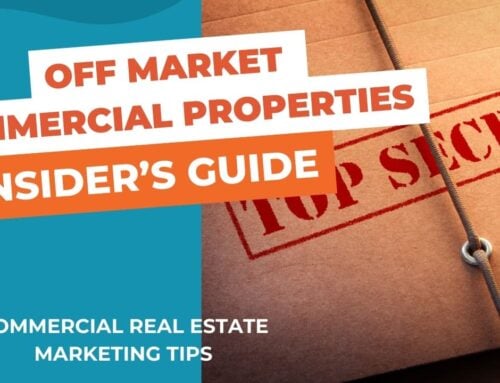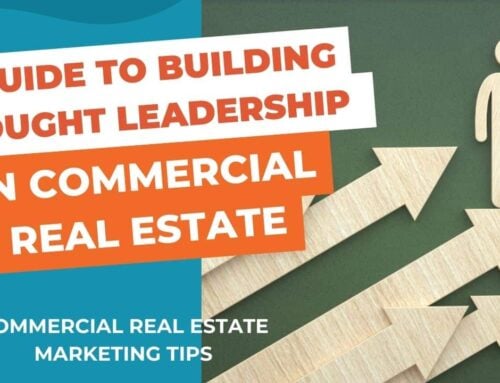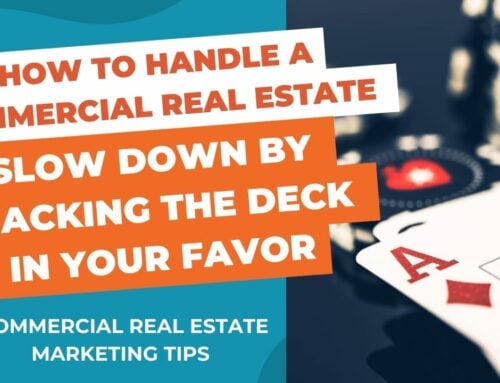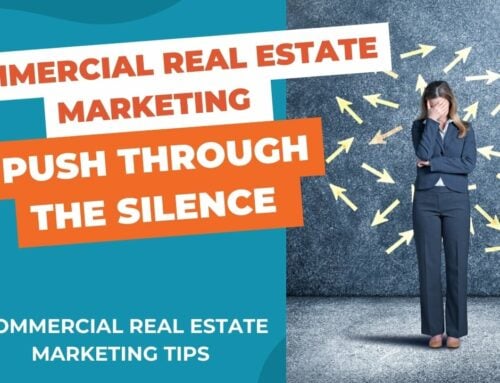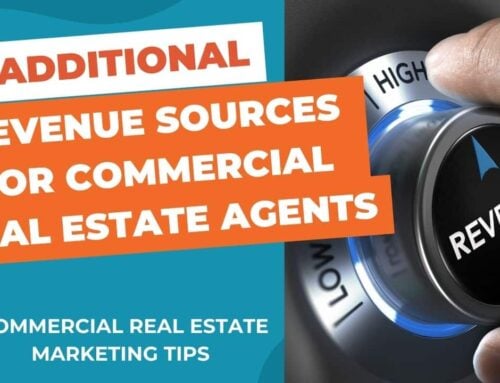Does a College Education Help in a Commercial Real Estate Agent’s Career?
When I first started working in a commercial real estate office, I was surprised that many of the agents had college degrees. After all, you just have to take a few weeks of classes and pass a test. Does it help to have a college degree? Do you need one? Here are my opinions based on personal observations.
College degrees that translate the best.
Economics
Marketing
Finance
Education
I bet everyone could have guessed that the three top business degrees would help the most in a commercial real estate career. A background in economics allows you to see investment and pricing trends while others remain blind. Marketing gives you the tools you need to gather prospects and turn them into leads (marketing subjects are oriented around the theory of selling). A finance background allows you to put together financial statements, give advice to landlords on how to get their finances in the best order before selling, and you’ll become the go-to guy for spreadsheet help.
The odd-ball here is Education. Education majors are taught to present boring subjects to an audience who is not interested. …Doesn’t that sound like sales? Education degree holders have the ability to present information in an interesting, thought-provoking manor. Unlike other majors, teachers are repeatedly exposed to presenting complex subjects to diverse groups of people. How many agents hate public speaking or making pitches to a large group of investors? It doesn’t phase an education major.
Do you need a college degree to become successful in commercial real estate?
Short answer is, “No.”
Even if you’re working as an agent for a brokerage, in essence, you are running your own business. The education system is all about becoming a well-oiled cog in the machine. As parents, we want our children to “get a good job at a well-known company.” So, the education system teaches us to be good employees. Don’t be tardy. Obey instructions. Follow the rules. Do your assignments as instructed. Don’t make waves. Turn in your papers on time. None of it applies to being your own boss, it’s teaching you to obey a system of bosses – principal, dean, and teacher.
I’m not saying that school is pointless or bad; I am saying most schools don’t teach entrepreneurism. And those that do aren’t for those afraid of debt, Forbes Magazine’s Most Entrepreneurial Colleges.
Instead, entrepreneurism is traditionally self-taught by the school of hard knocks, an array of business books, and occasional seminars.
Should I get a college degree if I’m already a commercial real estate agent?
Personally, I never understood the people that start a degree path in marketing / finance / whatever when they’ve been a manager in the field for the last 5 years.
I believe if you already know the subject, don’t waste your money on institutional certificates, your work will speak for itself.
Educate yourself with books, seminars, events, and other means that are directly related to commercial real estate.
However, if your goal is to become a professor (perhaps to teach those practical skills) you will definitely need that MBA.
Personal betterment and a feeling of success may also be a good reason to finish that degree, especially if you only have a few credits left. Some larger brokerages may require a degree or MBA to become a partner or manager. If your goal is to run a big brokerage franchise, you might to consider educational options.
“I have my college degree; will a Masters be better for my commercial real estate career?“
Entrepreneur Magazine had a great debate on the subject of MBA or no MBA.
Here’s my issue with how master’s degrees are doled out. Because so many seekers of MBAs are not from business school, basic subjects like accounting, finance, and marketing are taught in an introductory manor. Those that have BSBAs are not separated from non-business degree holders. I know it’s very difficult for a school to provide separate paths for folks with different backgrounds but it’s very frustrating to pay $600 per credit hour to take Accounting 101 again.
Compare your personal goals with the need for an MBA.
If you want to be a partner at your brokerage and the position requires an MBA, it may be worth the investment. However, be sure you do the math on the average $50,000 to $70,000 total cost of an MBA versus potential earnings. If you’re considering an MBA just for the bragging rights, you may want to consider other brag-able achievements with a smaller price tag. Sports cars can cost less than an MBA, you know!
Giving you considerations on whether or not you need that expensive college degree or MBA is yet another way, I’m taking the “broke” out of commercial real estate brokerage.
If you need a website that turns traffic into leads, drop me a line!
~ Brandy


